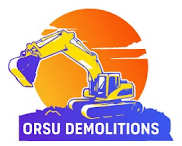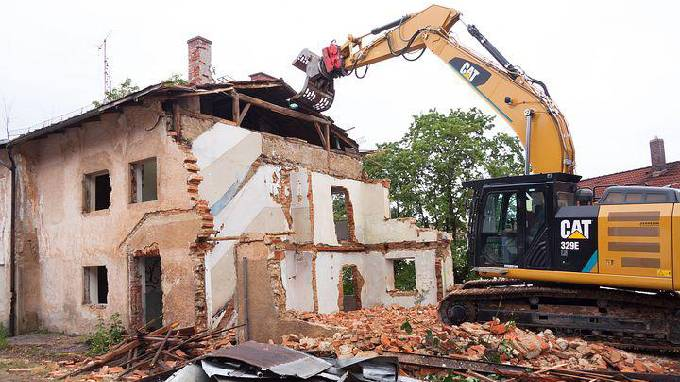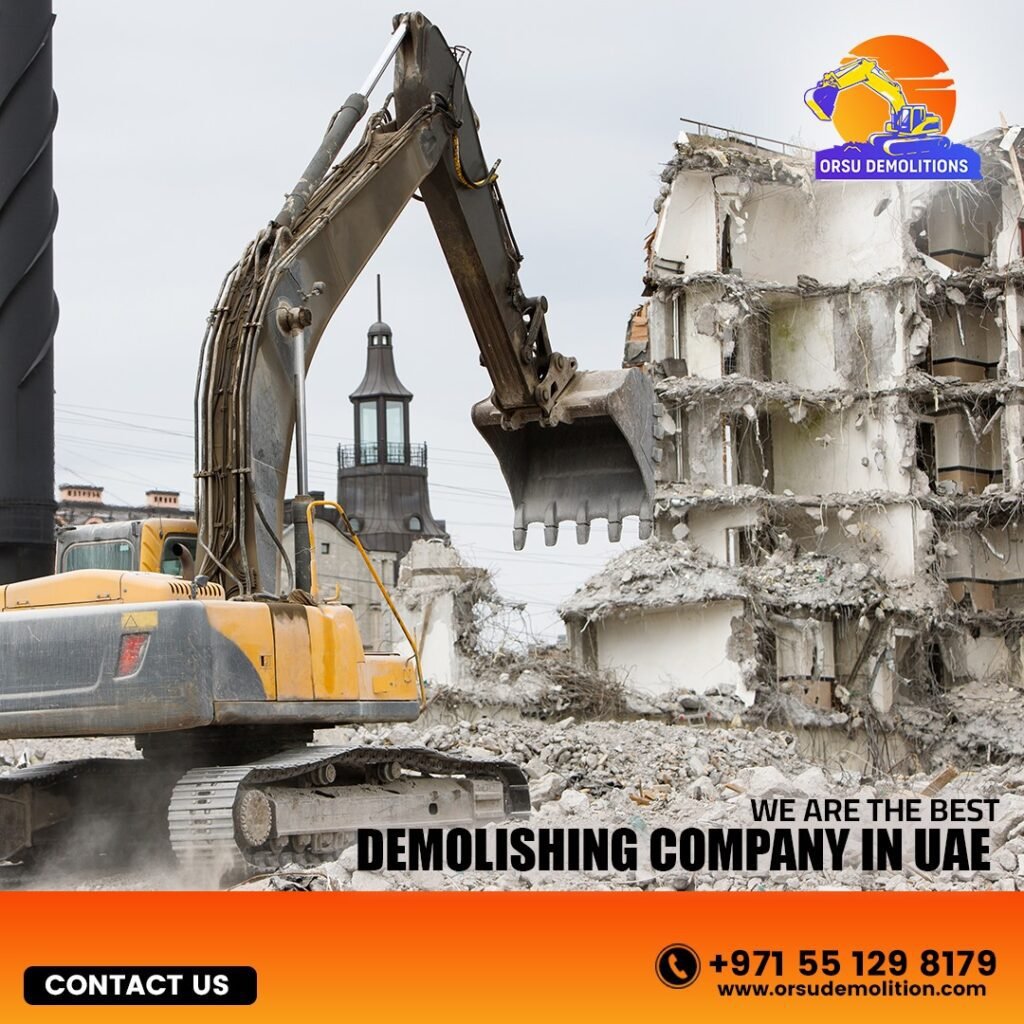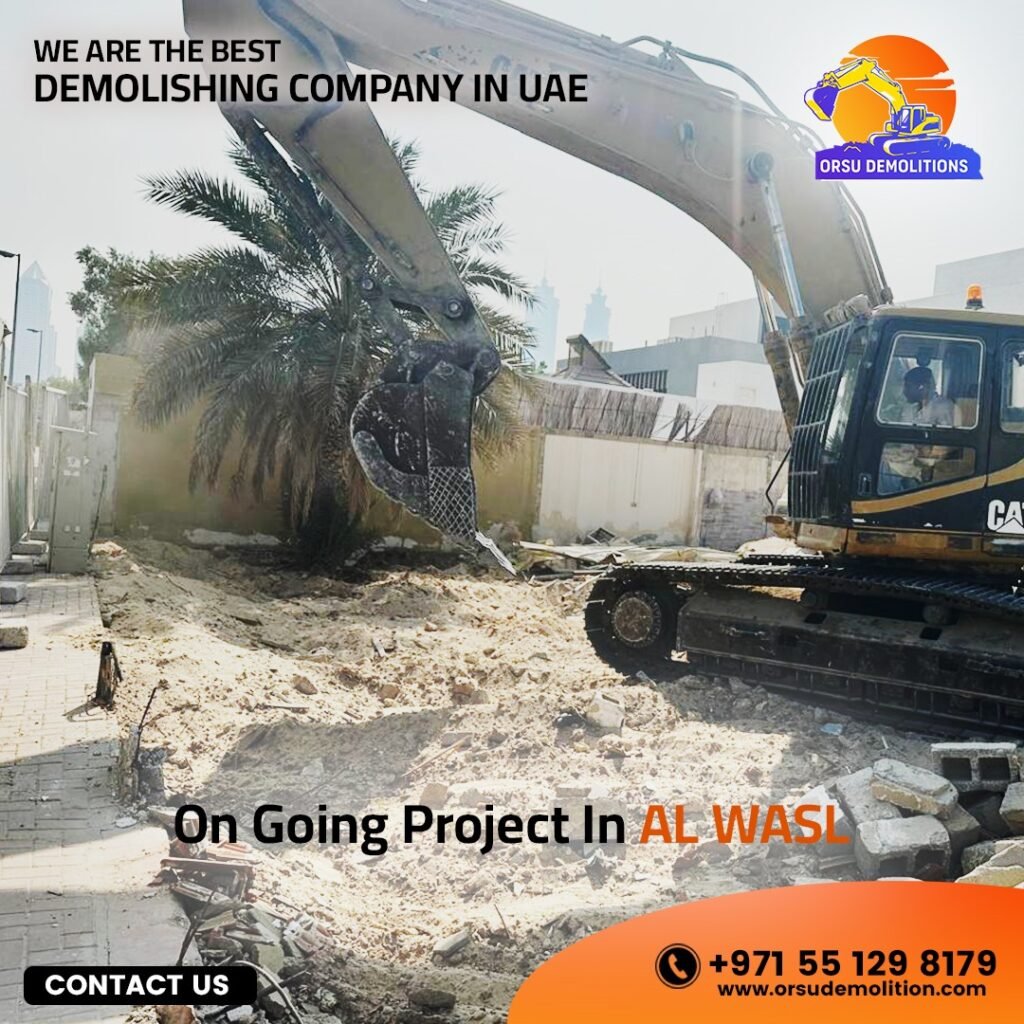Looking for the best residential demolition services in UAE ?
When it comes to demolishing a residential property, it’s important to have a reliable and experienced team on your side. At Orsu Demolition, we specialize in providing the best residential demolition services in UAE. Whether you’re looking to tear down an old house or clear space for new construction, we have the expertise and resources to get the job done safely and efficiently.
One of the most important aspects of our residential demolition services is our commitment to safety. Demolition work can be dangerous, both for our team and the surrounding community. That’s why we take every precaution to ensure that our work is conducted responsibly. Our team has extensive training and certification in demolition techniques, and we strictly follow all local safety regulations.
In addition to safety, we prioritize efficiency in our services. We understand that clients are often on tight timelines, so we work hard to complete projects quickly and effectively. Our team uses the latest tools and equipment and has the experience to handle even the most complex residential demolition projects.






